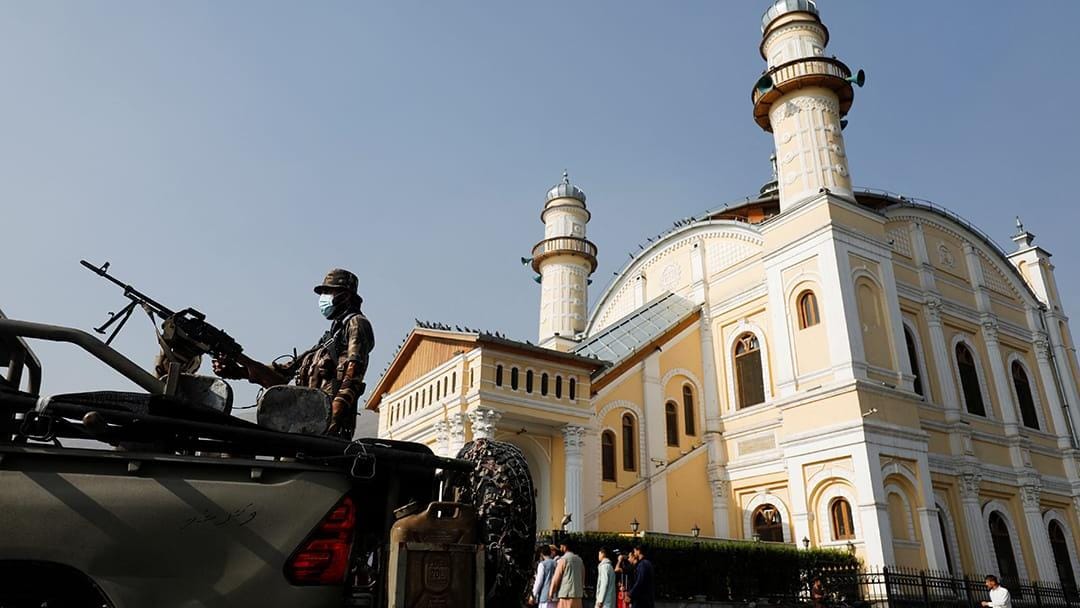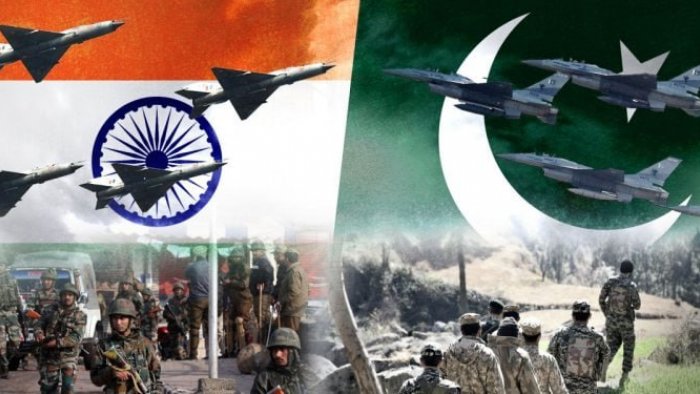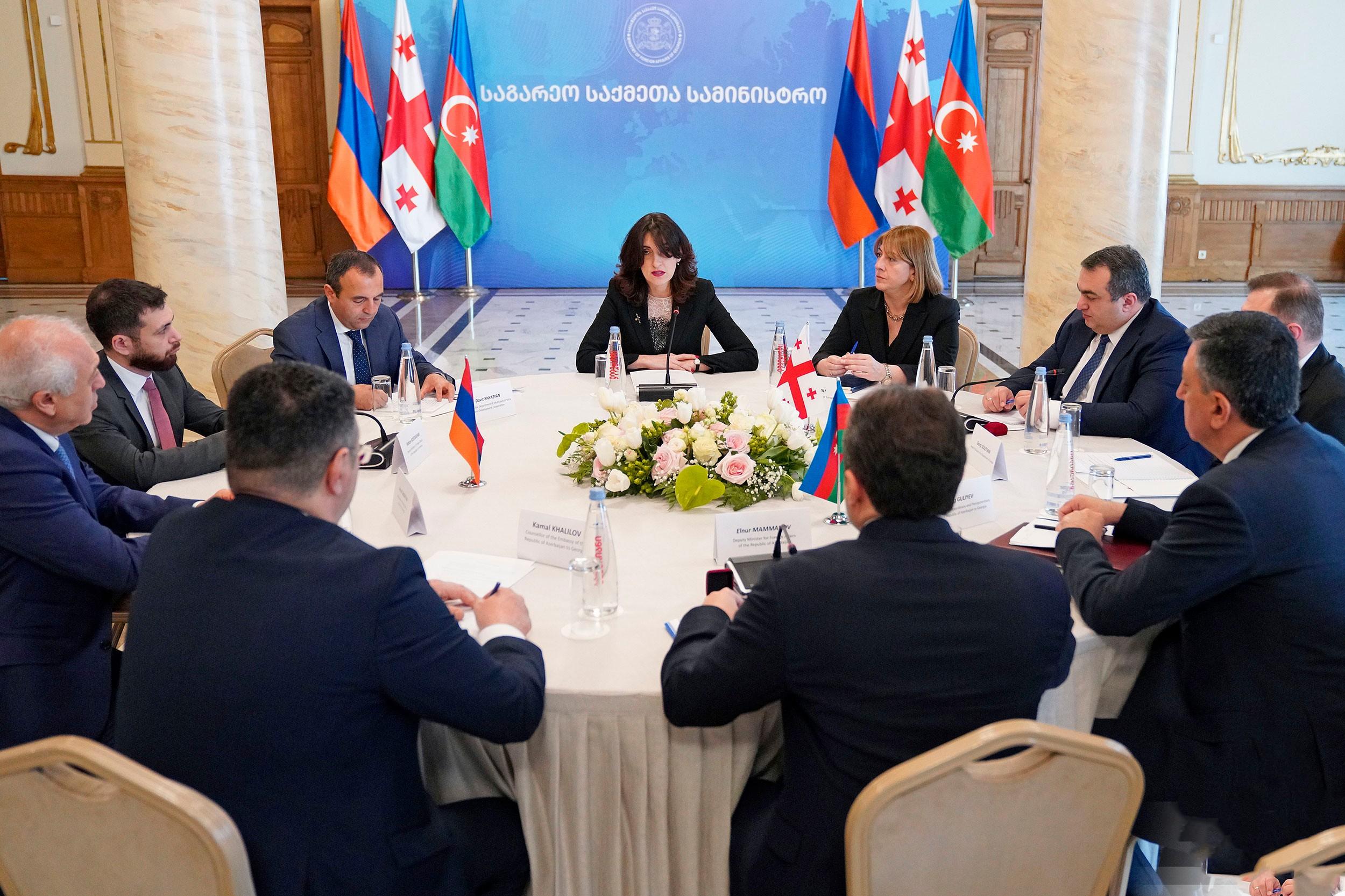Ednews reprints the article "China's Diplomatic Pivot: Shaping Afghanistan's Future Amidst Global Challenges" by Qaiser Nawab.
In a groundbreaking development, Chinese President Xi Jinping formally acknowledged Mawlavi Asadullah, also known as Bilal Karimi, as the Ambassador Extraordinary and Plenipotentiary of the Islamic Emirate of Afghanistan. This unprecedented move positions China as the first nation to extend formal recognition to the Taliban-led government, showcasing both the country's pragmatic diplomacy and its commitment to fostering a shared future with Afghanistan.
The ceremony, held at the esteemed Great Hall of the People, served as a poignant reflection of the amicable relations between China and Afghanistan. President Xi Jinping's warm reception of Ambassador Asadullah underscored China's steadfast commitment to strengthening friendship and fostering mutually beneficial cooperation. In his welcoming remarks, China's leader reaffirmed unwavering support for Afghanistan's endeavors in achieving peace, stability, and development. This commitment was deeply rooted in a profound respect for the sovereignty of the nation and the autonomy of its people, signaling China's dedication to respecting and upholding the decisions made by Afghanistan for its future. The ceremony not only symbolized a diplomatic milestone but also showcased the depth of the strategic partnership and shared aspirations for prosperity between the two nations.
This diplomatic milestone takes on heightened significance when viewed within the framework of the Belt and Road Initiative (BRI), China's expansive global infrastructure and connectivity endeavor. The BRI, meticulously crafted to elevate international trade and connectivity, now stands poised to extend its transformative influence to a region pivotal to its overall success. China's formal recognition of the Taliban-led government in Afghanistan not only marks a historic diplomatic move but also opens a strategic avenue for the BRI's expansion into this critical geopolitical sphere. This development aligns with the core objectives of the BRI, presenting an unprecedented opportunity for enhanced economic cooperation, infrastructural development, and regional integration, further solidifying China's role as a key architect of global connectivity and progress.
Ambassador Asadullah's appointment marks a pivotal stride toward establishing conventional diplomatic ties between China and Afghanistan. This landmark move not only positions China as a prominent player in shaping the intricate geopolitical dynamics of Afghanistan but also unveils promising avenues for multifaceted collaboration. Beyond fostering diplomatic relations, it paves the way for strategic cooperation in essential domains such as trade, investment, and infrastructure development. Furthermore, the joint commitment to counter-terrorism signifies a shared resolve to address common security concerns. In the broader context, China's Global Security Initiative (GSI) gains relevance, reflecting its comprehensive approach to regional stability. As China extends its diplomatic hand to Afghanistan, the groundwork for a collaborative future is laid, emphasizing the intertwined goals of economic prosperity, security, and geopolitical stability in the region.
China's steadfast commitment to non-interference in the internal affairs of other nations, highlighted by Hong Le during the welcoming ceremony, signifies a diplomatic maturity that extends beyond Afghanistan's borders. This commitment resonates particularly with its long-time ally, Pakistan, adding an intriguing dimension given the irony of Pakistan being an all-weather strategic partner of China. Pakistan shares a substantial border with Afghanistan and actively participates in the China-Pakistan Economic Corridor (CPEC), a crucial component of the Belt and Road Initiative (BRI).
The evolving dynamics in the region reveal a multifaceted approach by China, with its momentum of investments in Afghanistan gaining traction. The push to extend the CPEC to Kabul under the BRI indicates a strategic alliance that goes beyond mere economic interests. China's increasing geopolitical attention on Central Asia has transformed Afghanistan into a pivotal state for the westward thrust of the BRI, making it a linchpin for connectivity and economic development.
The trilateral engagement involving China, Pakistan, and Afghanistan not only solidifies economic ties but also intertwines security interests. The joint commitment to promoting the extension of the CPEC to Afghanistan emphasizes the synergy between economic connectivity and security collaboration. Despite the complexities and security challenges, the strategic importance of Afghanistan in the BRI's westward expansion is undeniable, linking the region through hard and soft connectivity.
The ripple effects of this diplomatic move are magnified when considering its potential impact on the Belt and Road Initiative. Afghanistan's strategic location as a bridge between Central and South Asia positions it as a crucial link in the BRI network. China's engagement with the Taliban-led government sets the stage for increased economic cooperation and infrastructural development, aligning seamlessly with the BRI's core objectives.
China's foreign policy, characterized by the principle of harmonious coexistence, stands in stark contrast to the Western approach of conditional recognition. Unlike the West, which tends to withdraw recognition when faced with divergence from its directives, China emphasizes the strength and resilience of harmonious coexistence. China's diplomatic philosophy recognizes the importance of fostering mutual understanding, respect, and cooperation even in the face of differing perspectives. This values-driven approach prioritizes peaceful cohabitation and collaborative problem-solving over punitive measures, presenting a more nuanced and patient stance on the international stage. By championing harmonious coexistence, China seeks to build bridges rather than barriers, fostering a global environment where diverse nations can thrive and collaborate despite ideological differences. China's call to the international community to enhance interactions with the interim government emphasizes the need for constructive engagement and contributes to Afghanistan's rebuilding and progress. While some Western nations have imposed sanctions on the Taliban, China's acceptance of the Afghan envoy highlights its diplomatic pragmatism, encouraging others to adopt a similar approach.
China's recognition of Ambassador Asadullah as the envoy of the Taliban-led government signifies a historic diplomatic stride, positioning China as the first nation to formally acknowledge the government. The ceremony at the Great Hall of the People symbolized the strong and amicable relations between China and Afghanistan, emphasizing President Xi Jinping's commitment to deepening friendship and fostering mutually beneficial cooperation. This recognition signifies not only a pivotal step in establishing conventional diplomatic ties but also opens promising avenues for collaboration in trade, investment, and counter-terrorism. The alignment with China's Belt and Road Initiative (BRI) adds a layer of strategic significance, as Afghanistan emerges as a crucial link in the BRI network. The trilateral engagement involving China, Pakistan, and Afghanistan intertwines economic ties with security interests, underscoring the strategic importance of Afghanistan in the BRI's westward expansion. As China urges constructive engagement with Afghanistan's interim government, its pragmatic approach sets the stage for positive international cooperation, emphasizing the intertwined goals of economic prosperity, security, and geopolitical stability in the region.
Mr. Qaiser Nawab is a distinguished International Relations Expert and currently serving as President of the Belt and Road Initiative for Sustainable Development (BRISD), a global think tank on BRI.










